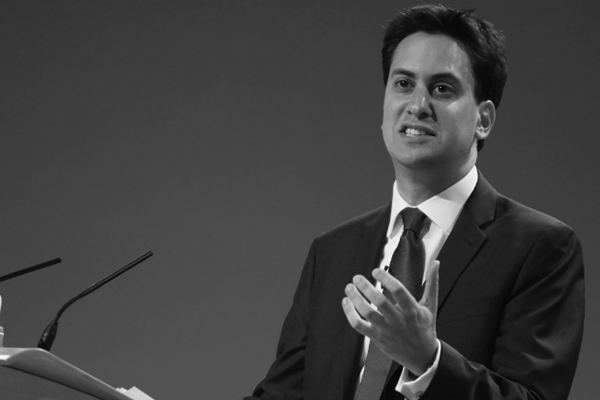As we draw closer to the General Election, Ed Miliband and Andy Burnham delivered key campaign speeches on Labour’s plans for the future of the NHS yesterday. As a result, Labour officials will survey the latest polling with satisfaction, succeeding to place health at the top of the political debate, which Labour feel comfortable on – but are not necessarily internally aligned on.
The central tenet of Miliband’s speech is to invest in the NHS so that it has ‘time to care’. This is consistent with Labour’s mantra of integrating health and social care, the vision Burnham set out two years ago; “from home to hospital with the right care, in the right place and at the right time”.
It’s clear that Miliband still sees the NHS as central campaign ground for winning the election; publically emotive and an area that demonstrates clear dividing lines between Labour and the Tories. Burnham will be a key ally for Miliband over the next 100 days, but there is question over Burnham’s position as (Shadow) Health Secretary after the election whatever the result.
Burnham’s speech was, as expected, significantly more detailed setting out the future 10 years of change for the health service under Labour. Burnham continues to appeal to the left of the Labour party maintaining an anti-privatisation narrative, which is increasingly reflected within the Labour health pledges. Although his team are broadly supportive, there are clear differences in opinion on the role of the private sector within his Shadow Cabinet. Liz Kendall, although aligned on Burnham’s vision of integrated health and social care, continues to distance herself from Burnham’s anti-privatisation agenda; valuing the sector in bringing “challenge” to the NHS, and also noting the positive contribution that Labour’s independent sector treatment centres have made to reducing waiting times.
Following Burnham’s speech, which received mixed views including criticism from Alan Milburn, Kendall came out in defence of Burnham and Labour’s vision for integration, while continuing to seed her own more ‘private-provider friendly’ narrative; “The big issue is not [public versus private.] It is how and where services are provided in future. And the really big challenge, for the NHS and our care services is, can we shift the focus of attention out of the hospitals, into people’s homes and into the community to help people keep living well at home?” Kendall, who used to work at the NHS Confederation as Ambulance Network Director, has expressed strong opinions on the role that personal choice and the private sector can play in reforming the NHS, which were most likely developed during her time as Patricia Hewitt’s SpAd during the Blair years.
Miliband, has set the party’s narrative and been clear to carve his lines closer to the left as he tries to shake off new Labour, and appeal to voters he fears all parties have neglected. Following suit, knowing elections are won by public mood and ideology, Burnham has thrown himself head first into an anti-privatisation position, one which Labour feel comfortable in and one that is on the side of the public. That said, the dividing lines between Kendall and Burnham are unlikely to diminish as practicalities and cost of delivering the services free at the point of use, will continue to challenge principles.

